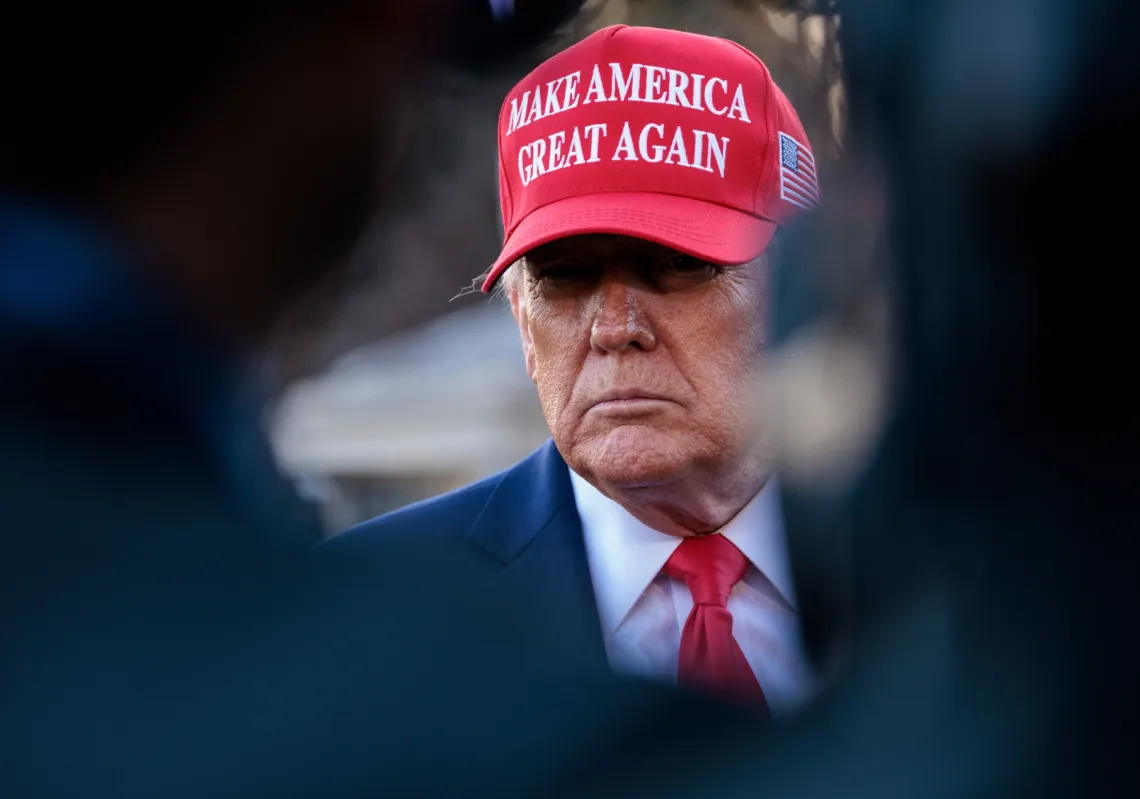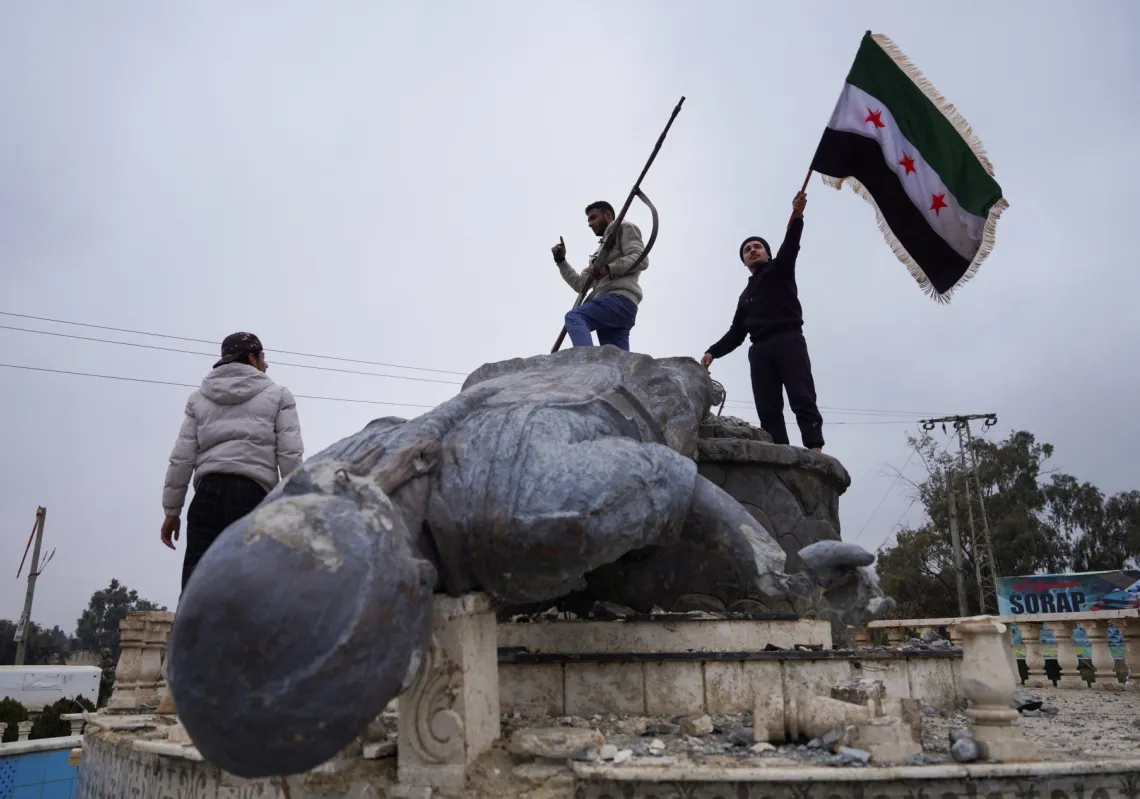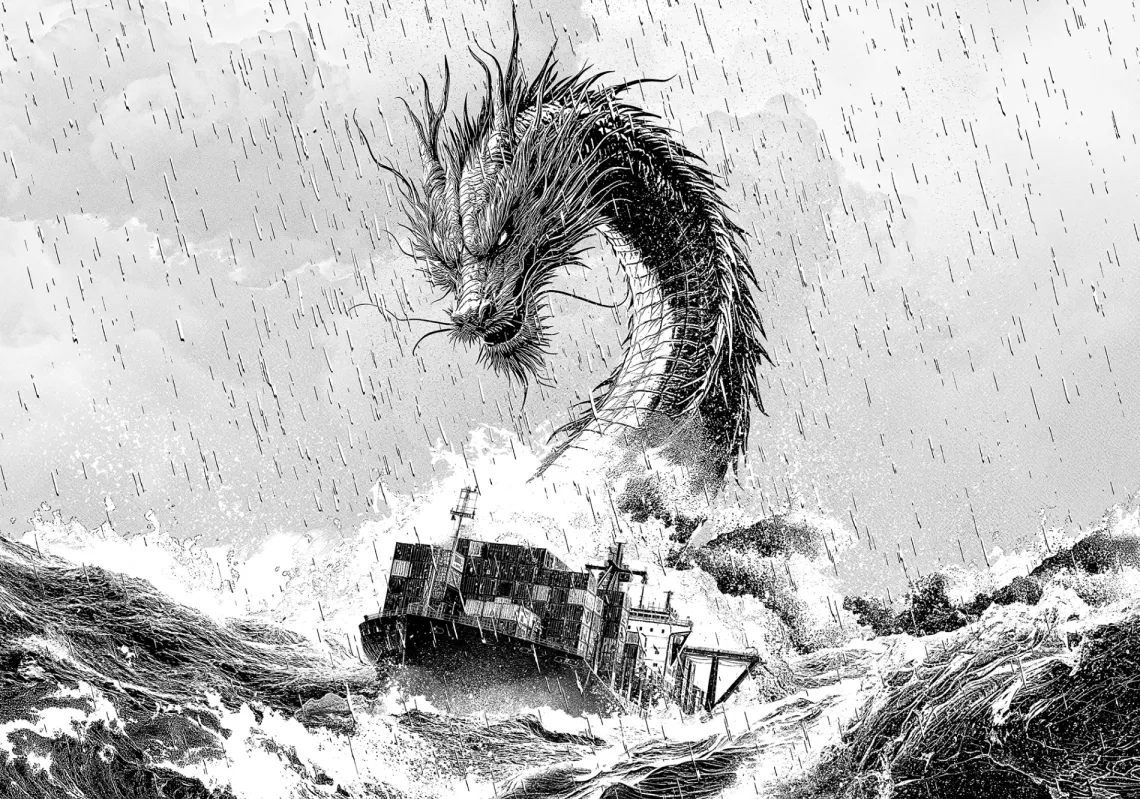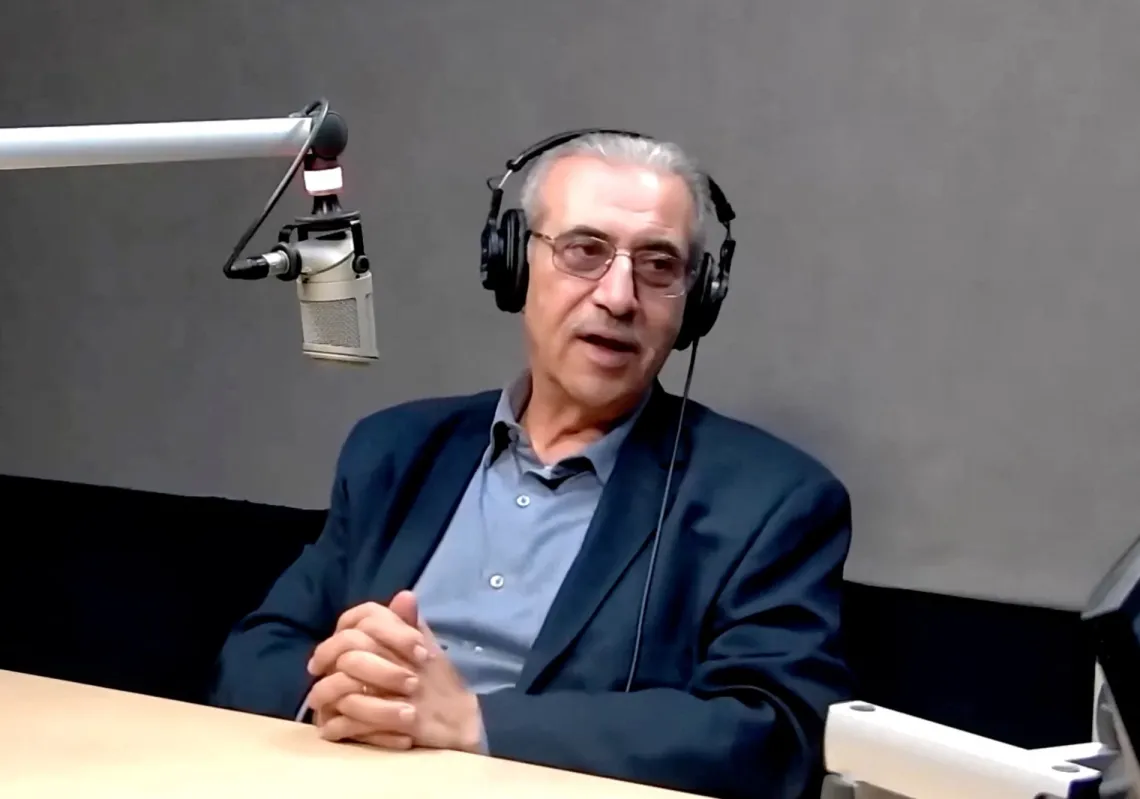The international arms embargo against Iran expired on Sunday despite opposition from the United States which insists the ban remains in place. But while Tehran is boasting about the possibility of re-joining the global arms trade, significant obstacles remain in its way.
The 13-year ban prevented Tehran from buying and selling combat aircraft, missiles tanks and other advanced weapons. Ending the ban in 2020 was one of the many concessions to Iran that the Obama-Biden Administration made to get the Joint Comprehensive Plan of Action (JCPOA) - an accord signed in 2015 that gave Iran sanctions relief in exchange for curbs on its nuclear programme.
The US unilaterally withdrew from the JCPOA in May 2018, imposing waves of harsh economic sanctions on Iran. US President Donald Trump’s administration has also employed every means in its power to unravel the nuclear deal and stop the lifting of the arms embargo on Iran.
This summer the U.S. sought an embargo extension at the U.N. Security Council From the 14 UNSC member states, the so-called E3 of France, Germany, and the United Kingdom, and eight others which are anticipating that President Biden will reverse President Trump’s 2018 decision to exit abstained, while Russia and China opposed the extension. Only the Dominican Republic supported the resolution.
In response, the administration announced that it had invoked “snapback” — a mechanism provided for in the Security Council resolution that enshrined the nuclear deal that allows any participant in the accord to restore U.N. sanctions if they determine Iran is not complying with its terms. The rest of the council, however, rejected U.S. standing to trigger snapback, saying it had lost its right to do so when Trump pulled out of the deal.
The Islamic Republic heralded the end of the arms embargo as “a momentous day for the international community ... in defiance of the U.S. regime’s effort.” The Trump administration, meanwhile, says the expiration is moot since it reimposed all U.N. sanctions on Iran, including the arms embargo, via a clause in the nuclear deal Trump withdrew from in 2018, a claim ignored by the rest of the world.
The Iranian Foreign Ministry said in a statement Sunday that “as of today, the Islamic Republic of Iran may procure any necessary arms and equipment from any source without any legal restrictions and solely based on its defensive needs.”
Opponents of the embargo’s lifting don’t believe weapons buys will be solely defensive. They also take issue with another part of Iran’s newfound freedom: it can now “export defensive armaments based on its own policies,” in the words of Iran’s Foreign Ministry.
Six Gulf Arab nations that backed the extension of the arms embargoes noted arms shipments to Yemen in their objection to the resumption of any weapon sales to Iran.
The U.N. arms embargoes did not stop Iran from sending weapons ranging from assault rifles to ballistic missiles to Yemen’s Houthi rebels. While Tehran denies arming the Houthis, Western governments and weapons experts repeatedly have linked Iranian arms to the rebels.
Last month Yemen’s Minister of Information Muammar Al-Iryani called on the international community and the permanent members of the Security Council to extend the arms embargo previously imposed on Iran. The Yemeni minister also called to intensify pressure on the Iranian regime. He said Tehran’s “terrorist activities that undermine the security and stability of the region and international peace” must be stopped. “The Iranian regime’s continued supply of weapons, experts and funds to the Houthi militia is a flagrant violation of international resolutions related to the Yemeni crisis,” Iryani said.
The Gulf countries also mentioned in a letter to the U.N. Security Council that Iran mistakenly shot down a Ukrainian passenger plane in January and its navy accidentally killed 19 of its own sailors in a missile strike during an exercise. The U.N. also linked Iran to a 2019 attack on Saudi Arabia’s main crude oil refinery, though Tehran denies any links and Yemen’s rebel Houthis claimed responsibility.
There is also concern that Iran could sell weapons to its other proxies, including militant and political group Hezbollah, designated by the U.S. as a terrorist organization.
MAJOR OBSTACLES REMAIN
While Tehran is boasting about the possibility of re-joining the global arms trade, in practice, in practice, however, other nations may avoid arms deals with Tehran for fear of American financial retaliation. The Trump administration has warned that any sales of weapons to Iran or exports from Iran will be penalised. “The United States is prepared to use its domestic authorities to sanction any individual or entity that materially contributes to the supply, sale, or transfer of conventional arms to or from Iran,” Secretary of State Mike Pompeo said Sunday.
Iran is also suffering its biggest economic crisis in decades, and that may make it tougher to take advantage of the loosened rules. Additionally, no number of jets or armoured vehicles it can afford will enable it to match the conventional forces of its adversaries. “I don’t think the practical impact is going to be that huge given that everyone dealing with Iran is subject to US sanctions,” says Tytti Erasto, an arms control expert at the Stockholm International Peace Research Institute told The Telegraph. “You can barely get medicine to Iran without being subject to US sanctions.”
What Iran can now, however, is purchase new weapons parts to upgrade the systems it already has.
“While concerns that Tehran will become a conventional military power overnight are overblown, this is a critical juncture for the country to enhance lethality,” Behnam Ben Taleblu, a senior fellow at the hawkish Foundation for Defense of Democracies in Washington, D.C told CNBC. The FDD is highly critical of the 2015 nuclear deal, which gave Iran sanctions relief in exchange for curbs to its nuclear program. Given its strained budget, Iran will likely pursue more selective modernization, Ben Taleblu said, “with a likely emphasis on homeland defense and long-range strike capability.”
“What Iran has shown is that even if they buy a small number of weapons, within 20 years they will produce a variant of that which in some instances is even better than what they bought,” Dave DesRoches, an associate professor and senior military fellow at the National Defense University in Washington, D.C., said during a webinar hosted by Washington-based think tank AGSIW.
“So as they make incremental improvements, as they reverse engineer new technologies, integrate new imported motors, they’re getting much more quickly operational, lethal and reproducible capability.”
Initial purchases for Iran might be solid fuel rocket motors, guidance systems, optical jammers that could counter drones or anti-tank missiles, and small arms like upgraded anti-tank guided missiles, DesRoches said, with China and former Soviet states as key sellers.
Sign up for our Weekly Newsletter
Get the best of Majalla, straight to your inbox.








